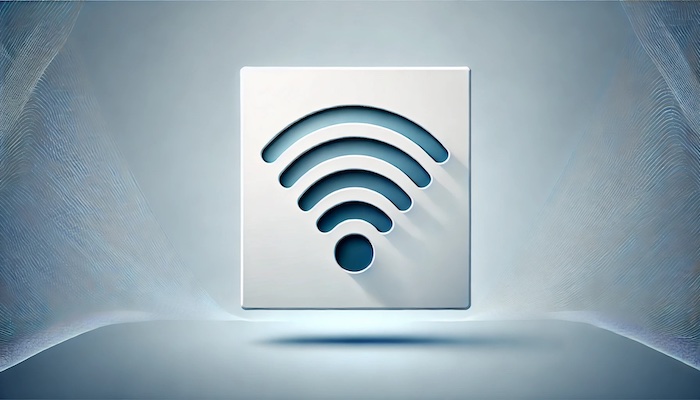The FCC vote to approve final rules to support funding WiFi hotspots in schools and libraries through the E-Rate program fell along party lines yesterday, 3-2. The point is to support students, school staff, and library patrons who don’t have an internet connection at home.
Established in 1996, E-Rate provides discounts to help schools and libraries obtain affordable telecommunications and internet access. The program has been updated through the years to focus support on bringing high-speed broadband to and within schools and libraries. The agency says the latest action will enable schools and libraries to loan out WiFi hotspots in rural and urban areas.
Commissioners Brendan Carr and Nathan Simington opposed the move, saying the agency has overstepped what Congress intended. “The legislative branch retains the power to decide whether to continue funding this WiFi loaner program or not. But Congress has made clear that the FCC’s authority to fund this initiative is over.”
He’s referring to the Emergency Connectivity Fund (ECF) which Congress instructed the FCC to create so students could access the internet during the COVID-19 pandemic. “It proved a fantastic test run for the program we adopt today, showcasing the need to help students outside of their physical school,” said FCC Commissioner Geoffrey Starks, who voted for the changes. “While ECF sunset at the end of June, the lessons we learned from it have been incorporated into the rules we adopt today to support the use of E-Rate funding for hotspots for those in need,” explained Starks.
In a lengthy dissent, Carr said the agency hasn’t addressed some of the concerns he’s raised regarding contributions, disbursement and oversight. “We can’t continue to spend other people’s money in this way, without a real conversation in this agency about reform.”
Simington agrees with the monetary concerns, and said there’s no guarantee students will really use the internet connections to do their homework. “Some places are not easy to learn in, some places are places to play. While you [tell yourself] the WiFi hotspot is a hotbed of learning, I can promise you without actual site blocking, most of what is learned is going to be off-menu as it relates to the school curriculum,” Simington emphasized.
FCC Commissioner Anna Gomez, who voted for the change, told the story of a rural area “in which police were called to a library because there were teenagers in the parking lot. It turns out their suspicious behavior was that they were accessing the library’s WiFi at night to do their homework. In a post pandemic world, academic learning is not constrained to the four walls of the physical classroom.”
In response to the GOP concerns, FCC Chairwoman Jessica Rosenworcel said the item adopts a budget mechanism that sets a limit on the amount of support that an applicant can request for WiFi hotspots and services over a three-year period. Safeguards to protect the integrity of the E-Rate program are part of the updates as well, including measures to ensure the supported WiFi hotspots and services are in use, are used for educational purposes, are not funded through other sources, and are properly documented for auditing purposes, according to Rosenworcel.
By Leslie Stimson, Inside Towers Washington Bureau Chief





Reader Interactions